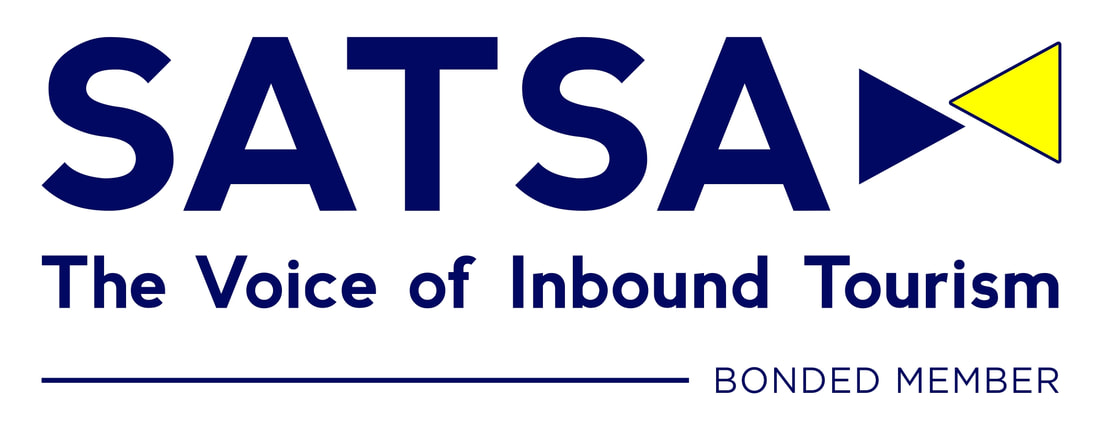We have made use of some recent information from African Bush Camps, whose properties we highly recommend.
Unfortunately, news, in general, only seems to get traction if it is seen as '''bad'' news. Without trying to detract from the very serious issues that Zimbabwe is experiencing in terms of its economy, it is also good to get some insight and answers pertaining to Tourism Travel to this most beautiful of Safari destinations:
Zimbabwe is a place of incredible wildlife, vibrant culture and wild national parks. Despite these wonderful attributes, a combination of recent events and hypersensitive press has led to worry and uncertainty around travel to Zimbabwe, and while some of it may have merit, this is, unfortunately, creating misconceptions of a beautiful country with great potential.
While politics will always be politics, when you decide to travel to Zimbabwe, you’ll be captivated by the level of hospitality, welcoming and overall service of the Zimbabwean people - people who are positive about change and passionate about their country. Tourism acts as an engine for development in a country; it stimulates economic growth, fosters the need for infrastructure, creates jobs and, in Zimbabwe's case, protects wildlife resources for future generations.
As with travelling to any new country, we know there are a few burning questions. Here are the most frequently asked questions when travelling to Zimbabwe and some helpful tips for your travel. We'll cover safety, currencies and ease of travel:
1. Is it safe to travel to Zimbabwe?
Without a doubt, Zimbabwe remains an extremely safe tourist destination, and the more you support the country the more you support the people and their journey of revival of a great country.
The cities are buzzing with events and functions, celebrating art and culture and equipped with museums, fine dining and craft markets. While it's often hard to show these aspects on a news screen these cities are constantly moving forward and developing.
2. What currencies are accepted in Zimbabwe and do I need to have Zimbabwean Dollars?
Previously, you could hold any currency in the country, but a major step taken towards settling the economy has been abolishing multi-currency exchange and reinstating the Zimbabwe dollar.
Reinstating the Zimbabwe Dollar has seen Zimbabwe join almost every other country in the world where local currency is the accepted means of trade.
Some stores have international Visa and Master Card points for purchases in stores. We encourage international visitors to bring and use US Dollars or credit cards.
Where cards cannot be used, travellers are advised to exchange USD cash at the nearest regulated bureau de change.
3. Can we use USD to tip staff?
Tipping is not a commercial transaction and consequently, visitors are at liberty to tip in the currency they prefer. It becomes the responsibility of the staff member to ensure adherence to the foreign exchange regulations.
In Zimbabwe it is customary to tip the camp staff, and tipping is at your own discretion and not compulsory. Our guidelines are USD 15 per person per day for guides and USD 10 per person per day for hosts, and USD 10 per person per day for camp staff.
Please ensure you bring enough cash for tipping. Staff can change USD to Zim Dollar.
4. What about purchases within the camp?
Most Camp rates include all meals, beverages and standard camp activities. Transfers are all paid for before travel, offering you the ease of mind when travelling so you can just enjoy the holiday you deserve. Credit card facilities accepting international visa cards, are available in most camps (for Curio purchases). It is recommended to also carry USD cash for tips (as mentioned) and for wherever card machines aren't available.
Unfortunately, news, in general, only seems to get traction if it is seen as '''bad'' news. Without trying to detract from the very serious issues that Zimbabwe is experiencing in terms of its economy, it is also good to get some insight and answers pertaining to Tourism Travel to this most beautiful of Safari destinations:
Zimbabwe is a place of incredible wildlife, vibrant culture and wild national parks. Despite these wonderful attributes, a combination of recent events and hypersensitive press has led to worry and uncertainty around travel to Zimbabwe, and while some of it may have merit, this is, unfortunately, creating misconceptions of a beautiful country with great potential.
While politics will always be politics, when you decide to travel to Zimbabwe, you’ll be captivated by the level of hospitality, welcoming and overall service of the Zimbabwean people - people who are positive about change and passionate about their country. Tourism acts as an engine for development in a country; it stimulates economic growth, fosters the need for infrastructure, creates jobs and, in Zimbabwe's case, protects wildlife resources for future generations.
As with travelling to any new country, we know there are a few burning questions. Here are the most frequently asked questions when travelling to Zimbabwe and some helpful tips for your travel. We'll cover safety, currencies and ease of travel:
1. Is it safe to travel to Zimbabwe?
Without a doubt, Zimbabwe remains an extremely safe tourist destination, and the more you support the country the more you support the people and their journey of revival of a great country.
The cities are buzzing with events and functions, celebrating art and culture and equipped with museums, fine dining and craft markets. While it's often hard to show these aspects on a news screen these cities are constantly moving forward and developing.
2. What currencies are accepted in Zimbabwe and do I need to have Zimbabwean Dollars?
Previously, you could hold any currency in the country, but a major step taken towards settling the economy has been abolishing multi-currency exchange and reinstating the Zimbabwe dollar.
Reinstating the Zimbabwe Dollar has seen Zimbabwe join almost every other country in the world where local currency is the accepted means of trade.
Some stores have international Visa and Master Card points for purchases in stores. We encourage international visitors to bring and use US Dollars or credit cards.
Where cards cannot be used, travellers are advised to exchange USD cash at the nearest regulated bureau de change.
3. Can we use USD to tip staff?
Tipping is not a commercial transaction and consequently, visitors are at liberty to tip in the currency they prefer. It becomes the responsibility of the staff member to ensure adherence to the foreign exchange regulations.
In Zimbabwe it is customary to tip the camp staff, and tipping is at your own discretion and not compulsory. Our guidelines are USD 15 per person per day for guides and USD 10 per person per day for hosts, and USD 10 per person per day for camp staff.
Please ensure you bring enough cash for tipping. Staff can change USD to Zim Dollar.
4. What about purchases within the camp?
Most Camp rates include all meals, beverages and standard camp activities. Transfers are all paid for before travel, offering you the ease of mind when travelling so you can just enjoy the holiday you deserve. Credit card facilities accepting international visa cards, are available in most camps (for Curio purchases). It is recommended to also carry USD cash for tips (as mentioned) and for wherever card machines aren't available.
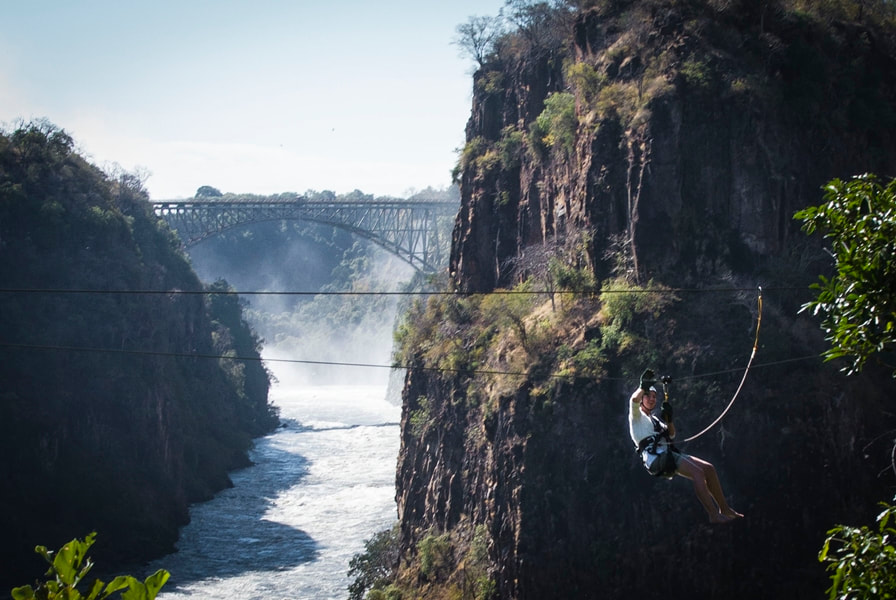
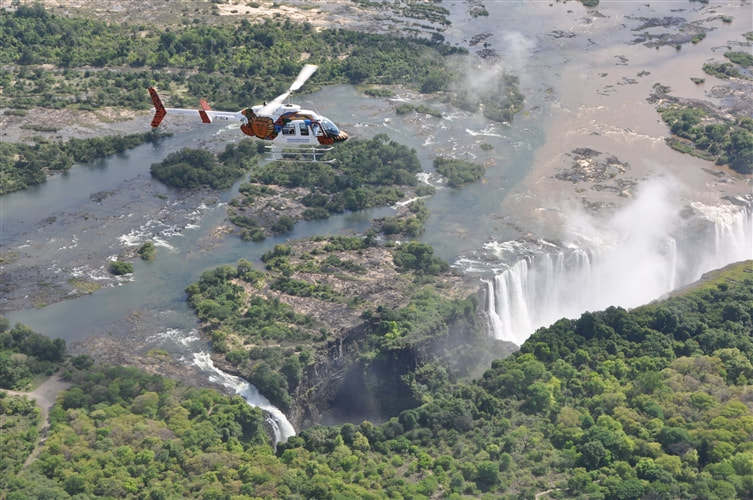
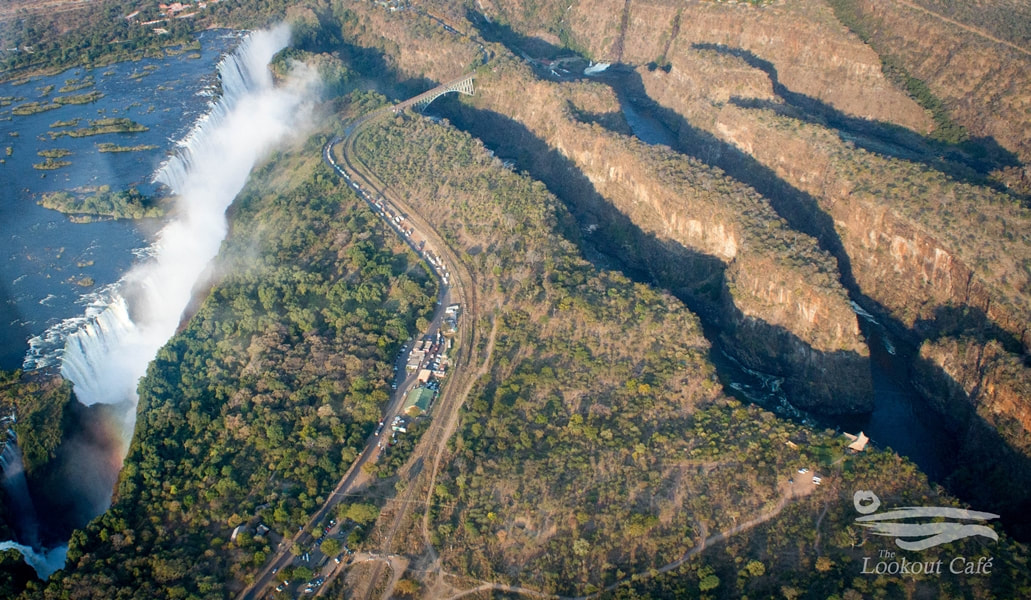
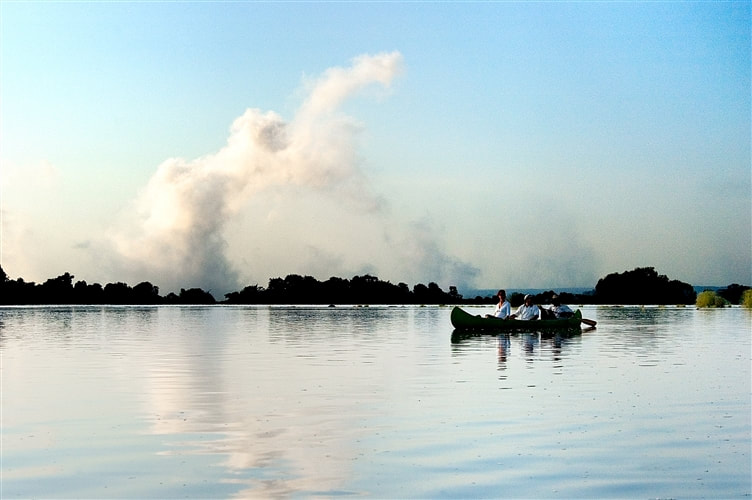
 RSS Feed
RSS Feed
